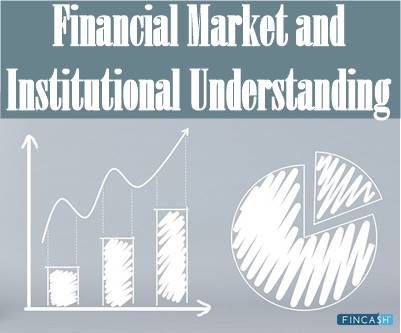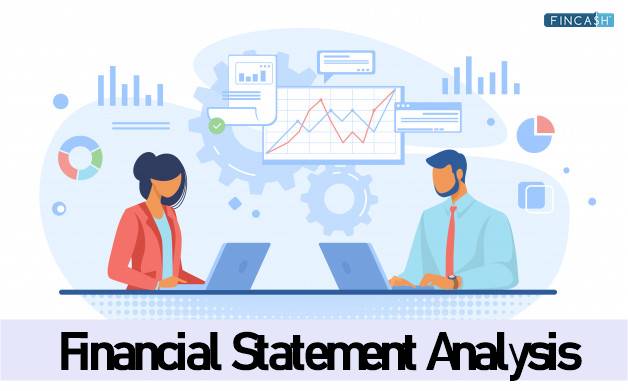
Table of Contents
Financial Market and Institutional Understanding
Financial markets cover various financial securities, such as stock markets, bond markets, derivatives, forex markets, etc. For the proper operation of a capitalistic Economy, the financial markets are critical and act as an agent for different collectors and investors. These marketplaces are essentially mobilizing the flow of funds between the collectors and the investors.
It contributes to smooth economic functions through resource allocation and liquidity creation. In these markets, several forms of financial holdings can be traded. In addition, financial markets have an essential role in ensuring information transparency to set efficient and suitable Market prices. In particular, the market valuations of the financial holders are not representative of their actual value, as do macroeconomic considerations like tax and other features.

The financial market supports investment and savings flows. This, in turn, helps increase funds, which allows producing goods and services. Thus, the financial markets also have the significance of contributing to receiving, Investing, and even economic wants.
Various organizations, including Mutual Funds, insurances, pensions, etc., which offer financial holdings in combination with financial markets that sell Bonds and shares, contribute to the economic progress of a nation.
Financial Market Types
Below is a detailed explanation of all sorts of financial markets.
1. Market Over-the-Counter
These relate to decentralized financial markets with no physical location. Trade is carried out directly without a broker in these markets. These markets operate electronically on exchanges of equities not listed in the stock exchange, which are openly traded. In comparison to stock exchanges, these marketplaces have lower rules and consequently offer less operational costs.
2. Bond Market
Bonds are essentially securities that enable investors to lend money. Their maturity is fixed, and their interest rates are pre-determined. As students grasp the financial markets, they need to comprehend why bond markets sell securities such as bonds, bills, bonds, etc. These offer financing holdings common between lenders and borrowers, also called debt markets, credit markets, and fixed-Income markets.
Talk to our investment specialist
3. Money Market
These marketplaces trade in highly liquid holdings, which provide a relatively short-term holding (usually lesser than one year). While such markets consider these financial holdings a high degree of security, they give lower investment interest. These markets usually record large volumes of trade between wholesale corporations. In these markets, retail trading includes people and investors dealing in mutual funds, Debentures, etc.
4. Market Derivatives
Derivatives are agreements between 2 or more parties based on Financial Assets. The value of these financial holdings comes from Underlying financial instruments, such as bonds, currencies, rates of interest, commodities, equities, etc. One must comprehend that derivative markets deal in futures contracts and options while appreciating the structure of financial markets.
5. Forex Market
These marketplaces deal with currencies and are called foreign exchange markets (Forex market). These are the most liquid markets since they allow the purchase, sell, trade, even speculation directly on currencies and their values. These markets typically transact more than shareholders and futures markets combined. These are generally decentralized, consisting of banks, financial institutions, investment management organizations, commercial enterprises, etc.
Financial Market Functions
Here are the critical functions of a financial market or an institution:
Mobilizing Funds
The mobilization of savings is one of the essential activities among the several functions performed by financial markets. The savings are also used in financial markets to invest in production, adding to Capital and Economic Growth.
Price Determination
The pricing of various securities is another crucial function of the financial markets. In essence, the price is determined by demand and supply on financial markets and their interactions amongst investors.
Financial Holdings Liquidity
Liquidity for smooth operation and flow must be given for tradable assets. This is another job for the financial market that helps a capitalist economy to function. It allows investors to sell their assets and securities quickly and easily convert them into cash.
Facilities of Access
Financial markets also provide efficient trading because traders enter the same market. Therefore, no relevant parties have to pay money to discover interest buyers or sellers, either for capital or time. It also gives essential trading information, decreasing the work required to accomplish their business by stakeholders.
All efforts have been made to ensure the information provided here is accurate. However, no guarantees are made regarding correctness of data. Please verify with scheme information document before making any investment.
You Might Also Like











